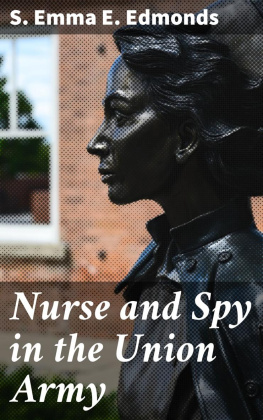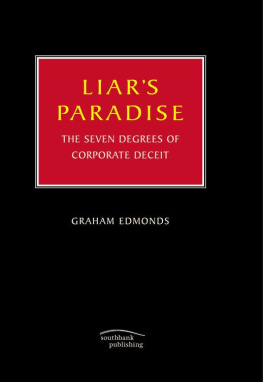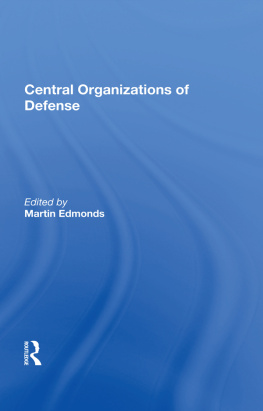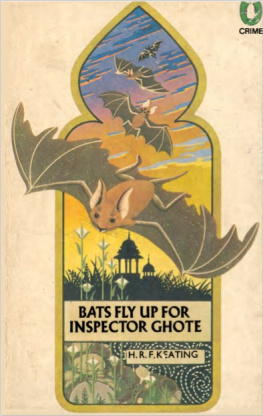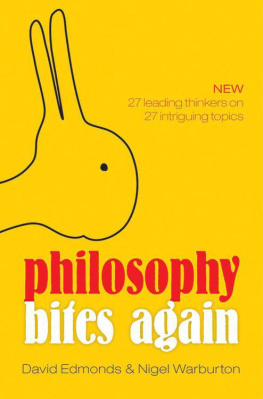The International Library of Sociology
THE SCHOOL INSPECTOR
Founded by KARL MANNHEIM
The International Library of Sociology
THE SOCIOLOGY OF EDUCATION
In 28 Volumes
I | Adolescent Girls in Approved Schools | Richardson |
II | Adult Education | Peers |
III | Down Stream | Dale et al |
IV | Education after School | Stimson |
V | Education and Society | Ottaway |
VI | Education and Society in Modern France | Fraser |
VII | Education and Society in Modern Germany | Samuel et al |
VIII | Education and the Handicapped 1760 - 1960 | Pritchard |
IX | Education in Israel | Bentwich |
X | Education in Transition | Dent |
XI | The Education of the Countryman | Burton |
XII | The Educational Thought and Influence of Matthew Arnold | Connell |
XIII | English Primary Education Part One | Blyth |
XIV | English Primary Education Part Two | Blyth |
XV | From School to University | Dale |
XVI | Helvetius | Cumming |
XVII | Mission of the University | Ortega y Gasset |
XVIII | Parity and Prestige in English Secondary Education | Banks |
XIX | Problems in Education | Holmes |
XX | The School Inspector | Edmonds |
XXI | Sixth Form and College Entrance | Morris |
XXII | Social Class and the Comprehensive School | Ford |
XXIII | The Social Psychology of Education | Fleming |
XXIV | The Social Purposes of Education | Collier |
XXV | Social Relations in a Secondary School | Hargreaves |
XXVI | Total Education | Jacks |
XXVII | Values and Involvement in a Grammar School | King |
XXVIII | Who shall be Educated? | Warner et al |
THE SCHOOL INSPECTOR
by
E. L. EDMONDS
First published in 1962 by
Routledge
Reprinted in 1998 by
Routledge
2 Park Square, Milton Park, Abingdon, Oxon, OX14 4RN
Simultaneously published in the USA and Canada by Routledge
711 Third Avenue, New York, NY 10017
Transferred to Digital Printing 2007
Routledge is an imprint of the Taylor & Francis Group, an informa business
First issued in paperback 2013
1962 E. L. Edmonds
All rights reserved. No part of this book may be reprinted or reproduced or utilized in any form or by any electronic, mechanical, or other means, now known or hereafter invented, including photocopying and recording, or in any information storage or retrieval system, without permission in writing from the publishers.
The publishers have made every effort to contact authors/copyright holders of the works reprinted in The International Library of Sociology. This has not been possible in every case, however, and we would welcome correspondence from those individuals/companies we have been unable to trace.
British Library Cataloguing in Publication Data
A CIP catalogue record for this book is available from the British Library
The School Inspector
ISBN 978-0-415-17770-2 (hbk)
ISBN 978-0-415-86863-1 (pbk)
Publishers Note
The publisher has gone to great lengths to ensure the quality of this reprint but points out that some imperfections in the original may be apparent
CONTENTS
T HIS book by Dr. Edmonds is an important contribution to educational literature. So far as I know, there is nothing available which sets out the part of inspection in the organisation of the educational system. Dr. Edmonds traces the history of inspection in the organisation of schools from its beginnings, which is in itself important for we are apt to forget that inspection is an essential part of the organisation. More important, however, in the later chapters of the book he examines the position of inspectors and the work of inspection in modern days. There are many interesting questions in this field. It is essential to recognise the difference between the functions of Her Majestys Inspectors and those of the inspectors to a local education authority. The general functions of what I like to call the advisory service to a local education authority, that is, the work of inspectors and organisers, have come in recent years to be increasingly recognised as of major importance. The establishment of the Soulbury Committee to negotiate salary scales some fifteen years ago was in itself a recognition that this was an important arm of the education service.
It is therefore a pleasure to write this foreword to a book which puts on record so admirably the history of the development of this section of the education service. It is to be hoped that it is widely read by those responsible for the administration of the schools and by members of the teaching profession.
W.A.
No more emotive term exists in our language than inspector, whether in the professions or industry and commerce. Indeed, freedom from outside inspection is the supreme status-symbol of today, properly epitomised in our universities. To press home the idea of subjection to supervision, particularly if by the Government, would be anathema to clergy, lawyers and doctors alike; and as the teaching profession (which is no less a public service) reaches out towards its own education for responsibility, the precise nature of school-inspection may well be subject to scrutiny. This book seeks to portray the growth of inspection in England, in a framework of its relations with teaching on the one hand, with administration on the other.
In a work of this kind, it is impossible to thank by name all who have contributed by precept, practice and advice. The number of Heads alone would run into hundreds. I should however like to mention the following:
(a) Professor W. H. G. Armytage and Professor W. Walsh, in whose Departments the two theses were compiled which form a basis for this book; also Dr. M. Cruickshank, Dr. S. J. Curtis, and Mr. W. E. Tate.
(b) The Secretaries of the British and Foreign School Society, the Catholic Education Council, the Congregational Union, the National Society, the Methodist Education Committee, the S.P.C.K., the N.U.T., and the N.A.I.E.O.


